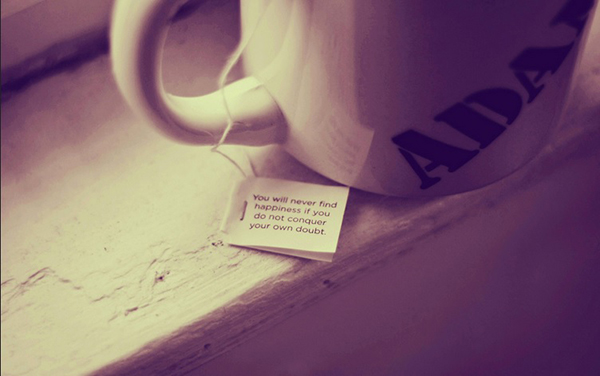“Excuse me, but don’t be telling me how to teach. I’ve been practicing since before you were born.”
This is what my inner bitch would have said to the eager, super young, doe-eyed yoga instructor who thought it was a good idea to share her words of wisdom after a mere two years of doing yoga to me. I consider myself to be part of the old-school club, having stumbled upon this path of yoga over 13 years ago.
I was demonstrating a class for the first time at a studio, and I thought the class went pretty amazing. Timing was great, the flow transitioned smoothly and I even got out of my head enough times (nervous as I was) to make some physical adjustments—something I especially revel in as I am a stickler for correct anatomy and proper alignment in postures.
After all was said and done I received a rather unexpected, on my part anyways, word of advice on my method of teaching a transition from three-legged downward dog to lunge (a fairly simple transition to teach). I gave a quick look around, confused, somewhat flabbergasted and slightly amused that this barely 20-something who practiced for a total of two years and took one month of teacher training, was offering me advice!
Not that I have anything against young, new and keen practitioners, but since when did it become commonplace for the little leaguers to school the majors? Especially when I didn’t even ask!
I smiled, kindly nodding and looking interested, when inside I was reeling.
“Who does she think she is?”
Not only did I question her intentions, but I even began to question my ability.
I was now feeling slightly insecure and what I had trusted in myself to be an authentic teaching was, apparently, not the way it should have been done.
Most advice isn’t requested, it is offered freely.
Growing up, did you ask your parents what they really thought of your new boyfriend/girlfriend? Did you ever encourage your teacher to tell you what would get you a better grade on that science project you spent all night making? Would you have considered questioning the police officer how you could not get a ticket the next time around?
My guess would be that the majority of us would answer “No.”
Humans love to give advice to one another. It is bread into us. That and giving our two-cents. Am I right?
So why would we expect the yoga world to be any different? While most teachers are purveyors of non-judgement, self-acceptance, finding one’s inner peace and wisdom—giving advice, as friendly as it can be, seems to be bursting from the seems of our tightly-woven, two-toned stretchy pants.
Especially to each other.
I have been given advice from fellow teachers on everything from the clothes I should wear, to the music I should play, to the food I should eat (or rather not eat), to how my voice should sound and the way I should stand. Did I mention that this would all be followed by, “But just be yourself!”
What does that saying, “The best advice is no advice at all”, tell us? To trust yourself over others. To make decisions that you feel is best for what you need. To not assume that just because people are listening, they want to hear what you think about what they should be doing or the way to do it.
We are all students. Forever learning, and forever discovering our truth.
It can become somewhat discouraging, even to the point of patronizing, when people start telling us about the way we should carry out our lives, practices—anything—as if it is something we need to hear and that person just happens to be generous enough to offer their advice on a silver platter.
No one is perfect, and it certainly doesn’t help our confidence and trust in ourselves to be told how to be better. We make those decisions for ourselves and no amount of advice—whether it was sought out or given freely—can bring us closer to our authentic self than our own.
We are our best teachers.
Love elephant and want to go steady?
Sign up for our (curated) daily and weekly newsletters!
Apprentice Editor: Kim Haas / Editor: Catherine Monkman
Photo: Jill G via Flickr











Read 0 comments and reply